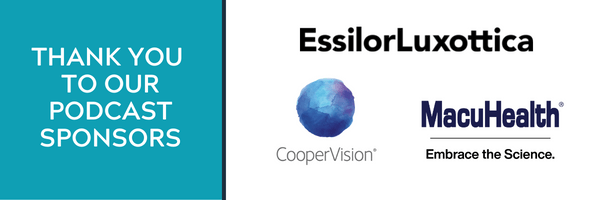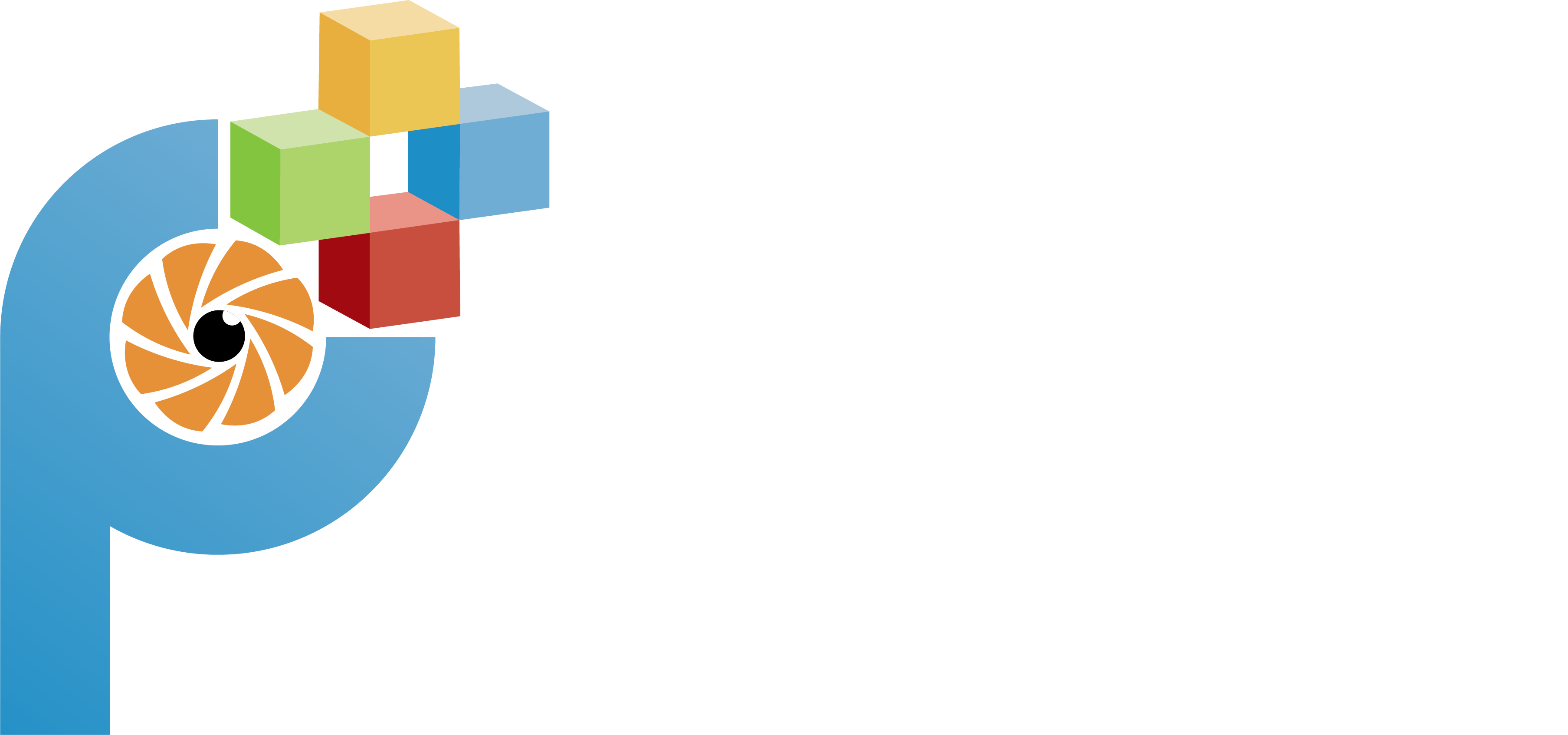

In the realm of nutritional supplements, ensuring quality and scientific backing is paramount, especially when it comes to carotenoids, which play a crucial role in macular health. This blog post delves into a recent podcast discussion with Professor John Nolan, an expert in the field of carotenoids, as he addresses the intricacies of supplement formulation, the importance of scientific evidence, and the role of certification in maintaining quality standards.
The Foundation of Scientific Evidence: During the discussion, Professor Nolan emphasized the critical role of science in validating the effectiveness of carotenoid supplements. He pointed out that formulations used in studies, like the Age-Related Eye Disease Study (AREDS), are not always identical to the products available in the market today. This discrepancy raises questions about stability, the presence of odor, and undisclosed ingredients. Professor Nolan stressed that both doctors and patients deserve transparency regarding these issues to make informed decisions about carotenoid supplements.
The Importance of Certification: One key aspect of the discussion was the certification of carotenoid supplements. Professor Nolan highlighted the differences between NSF certification and Supplement Certified, a company he co-founded. Unlike other certifications, Supplement Certified conducts analytical quantification, ensuring that the carotenoids listed on the label are present in the correct amounts throughout the product’s shelf life. This rigorous process involves cracking open the supplement, analyzing its carotenoid content, and confirming its stability over time.
Personal Anecdote: Professor Nolan shared a personal story to underscore the significance of quality carotenoid supplements. During a family vacation in Spain, his mother experienced a severe health episode. As a first responder, Professor Nolan immediately checked her medications, including her macular supplements containing carotenoids. This incident reinforced his commitment to ensuring that carotenoid supplements are backed by solid science and deliver on their promises.
Addressing Misinformation: A recurring theme in the discussion was the need to combat misinformation in the carotenoid supplement industry. Professor Nolan expressed frustration with individuals or companies that discredit evidence-based science for personal gain. He called for honesty and transparency, emphasizing that doctors and researchers have a responsibility to provide accurate information about carotenoids. This responsibility extends to publications and platforms that host discussions on supplements, as they must ensure the information they present is accurate and informative.
The Role of Doctors: Professor Nolan praised the efforts of doctors who are embracing new scientific advancements to improve patient care, particularly in the use of carotenoid supplements. He referred to this movement as Health 3.0, where doctors are becoming braver and more innovative in their approaches. By integrating evidence-based carotenoid supplements into their practice, doctors can help patients maintain their vision and overall health as they age.
Open Dialogue and Further Research: The discussion concluded with a call for open dialogue and further research on carotenoids. Professor Nolan encouraged listeners to evaluate the claims made about carotenoid supplements and to seek out scientific evidence to support their decisions. He also expressed his willingness to engage in respectful debates with those who challenge his findings, underscoring the importance of constructive conversations in advancing the field of carotenoids.
Final Thoughts: In a world where carotenoid supplements are becoming increasingly popular, it is crucial to rely on scientific evidence and rigorous certification processes to ensure their quality and effectiveness. Professor John Nolan’s insights highlight the need for transparency, honesty, and ongoing research in the carotenoid supplement industry. By prioritizing these principles, we can help ensure that patients receive the best possible care and support for their health.
Conclusion: The journey towards better health through carotenoid supplements is complex and multifaceted. It requires a commitment to scientific integrity, open dialogue, and a focus on quality. As consumers, healthcare providers, and researchers, we all have a role to play in promoting and upholding these standards. Through collaborative efforts, we can navigate the challenges of the carotenoid supplement industry and ultimately enhance the well-being of individuals around the world.
If you’re interested in being a part of an online community with on-demand courses to help optometrists increase medical management and medical insurance utilization to grow their practice, check it out our Comprehesnive Optometry Simplifiend Bundle!

